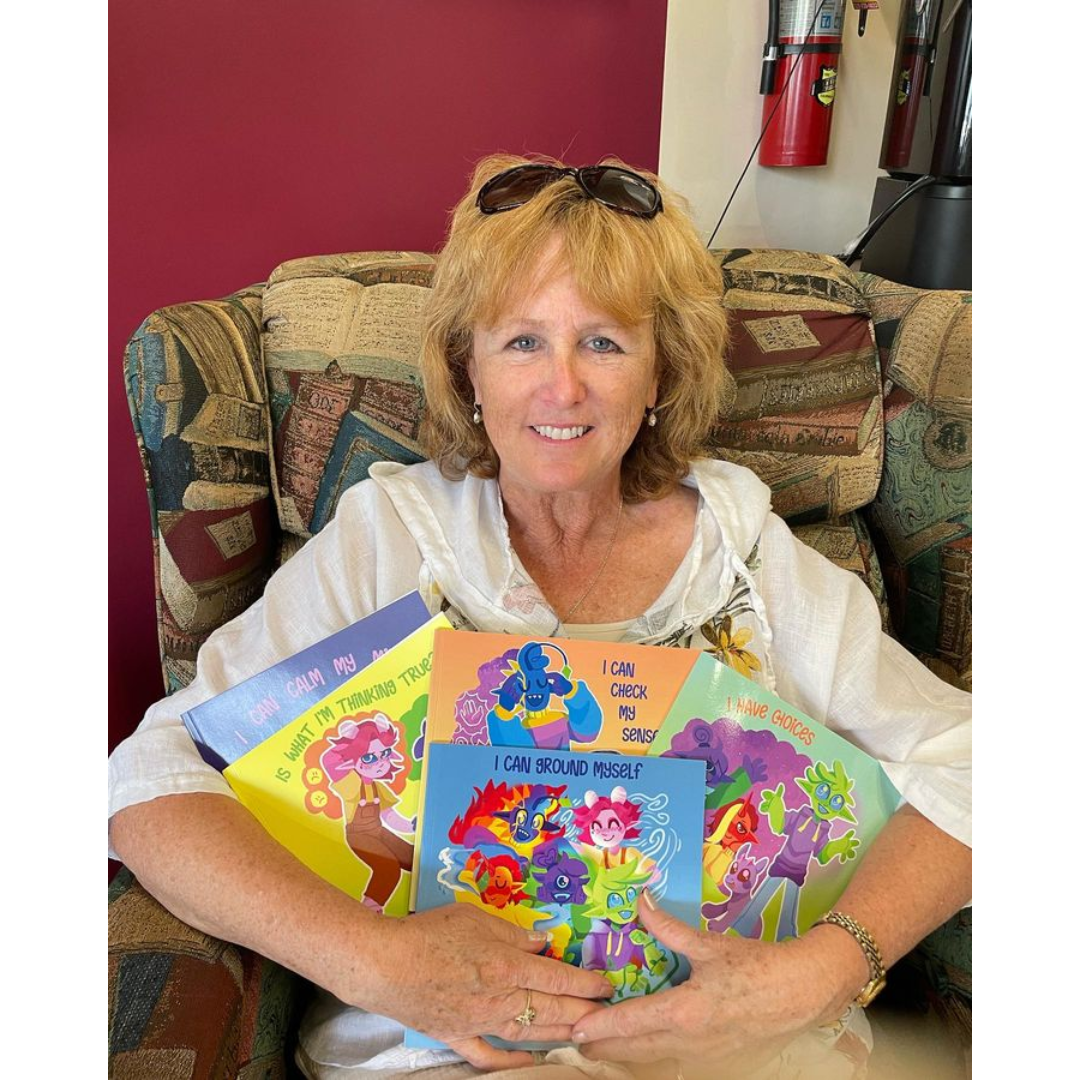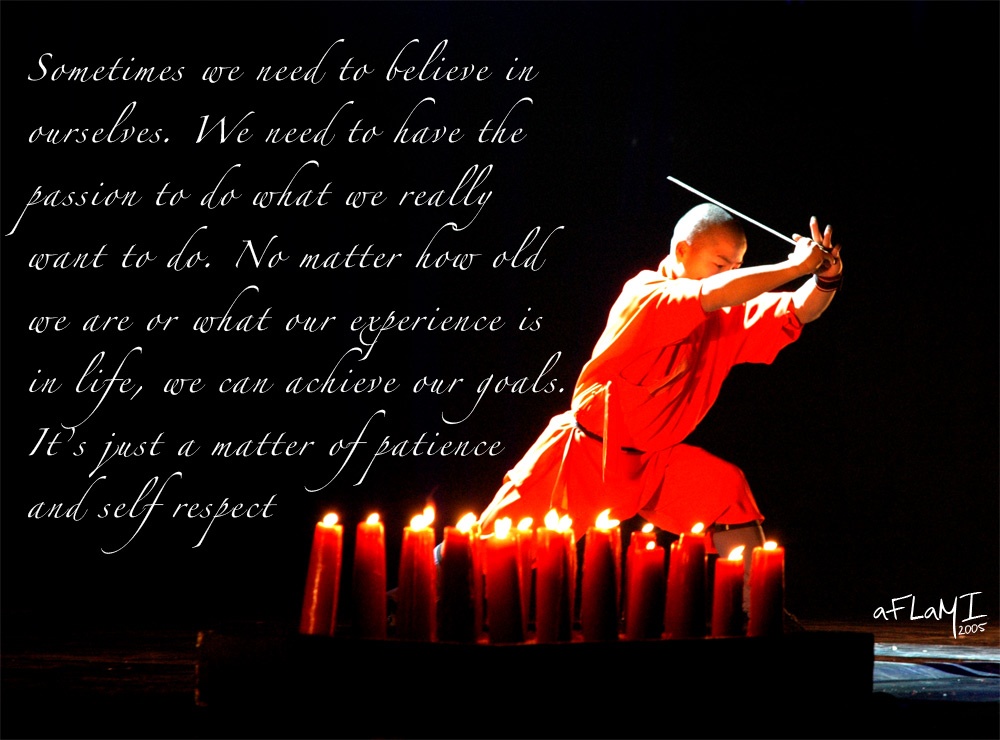Children With Big Emotions? Teach Them This Strategy
Children are struggling with their emotional well-being in this complex world. We’re...
Read Moreby Lynn McLaughlin | Jul 10, 2023 | Health & Wellness, VoiceAmerica | 0 |
Children are struggling with their emotional well-being in this complex world. We’re...
Read Moreby VoiceAmerica | Mar 12, 2018 | Empowerment | 0 |
In this edition of LIFEadvice, life coaches Kim Giles and Nicole Cunningham share their top 20...
Read Moreby VoiceAmerica | Oct 5, 2017 | Teens | 0 |
Question: I have an 11-year-old. Her body is changing and so is her attitude. I often find myself...
Read Moreby VoiceAmerica | Sep 14, 2017 | Empowerment | 0 |
Kim Giles is a featured speaker at this year’s Uplift Parenting Conference in Utah. Kim will...
Read Moreby VoiceAmerica | Apr 22, 2017 | Empowerment | 0 |
Nutritionists and cooks are once again touting the health benefits of eggs, but the controversy...
Read Moreby VoiceAmerica | Oct 11, 2016 | 7th Wave | 0 |
October 12, 2016 – Parents Are People, Too Has it ever occurred to you that you donât...
Read Moreby VoiceAmerica | Jun 27, 2016 | Business | 0 |
After joining me on âTurn the Pageâ for a compelling three-episode series on surrogacy, my...
Read Moreby VoiceAmerica | Jun 14, 2016 | 7th Wave | 0 |
June 15, 2016: âYou Didnât Do it Right Daddy!â Are you still blaming your parents for how your life turned out? Join Ariel & Shya Kane in Being Here with special guests Dave Stern, father of three, and Andy Gideon,...
Read Moreby VoiceAmerica | Feb 26, 2016 | Business | 0 |
Leadership and social change experts Peter Prichard and Sarah Beaulieu joined me on âTurn the...
Read Moreby VoiceAmerica | Feb 4, 2016 | Business | 0 |
How can you present a true, clear message about who you are, both at home and at work? Personal...
Read Moreby VoiceAmerica | Jan 28, 2016 | Business | 0 |
Rick A. Morris welcomes a long time and valued friend Don Delashaw. Â Rick worked with and for Don...
Read Moreby VoiceAmerica | Oct 26, 2015 | Empowerment | 0 |
Our first and last love is self-love which is portrayed to the world through actions reflecting...
Read More









